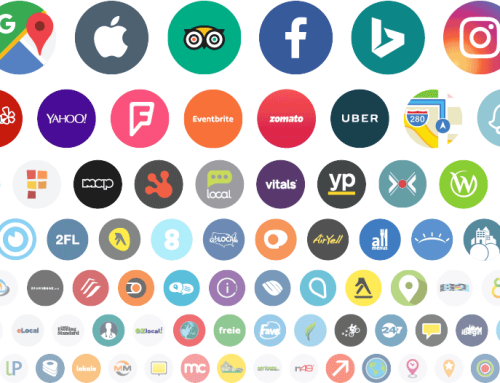Introduction
Let’s face reality: technology is changing everything all the time, and marketing is no exception. AI, or Artificial Intelligence, is making waves in the marketing world by making things smarter, more efficient, and giving us insights like never before. Learning how to properly use AI may be the only way to not get swallowed up by the giant wave coming.
What’s Machine Learning Got to Do with It?
Thinking about AI, there’s a facet of tech that often pops up: machine learning. It’s like AI’s younger and more vibrant sibling. While AI is all about smart machines doing tasks, machine learning is more about these machines learning from data, essentially learning from itself, in a never ending feedback loop.
For marketers, this is a goldmine! Imagine knowing your audience’s next move or preference? That’s the magic of machine learning. However, there is a dark cloud hanging over AI and that is coming from senior marketers who consider the use of AI in marketing “cheating.” With any new technology, those who feel threatened will also be slow to adopt and quick to condemn.
Why Marketers Love AI
AI brings real benefits to the table. Specifically:
- Better Customer Interactions: Making your customer feel special is a big win. AI helps in doing that by sending personalized emails to recommending products they’ll love, AI is like that friend who always knows what you want. But it goes deeper, AI can learn things that humans take a long time and several iterations to pick up. Analytics on steroids is what I like to call it.
- Ads that Hit the Mark: Gone are the days of one-size-fits-all ads. Well they were gone like 10 years ago, but now AI helps brands create ads that feel like one-to-one conversation. How? By remembering what you liked, clicked on, or bought in the past.
- Smart Spending: AI isn’t just about making things look good; it’s also about being smart with money. By looking at which campaigns did well in the past, AI can give hints on where to spend marketing dollars. While this is very true, I feel like validation isn’t a thing, it’s the only thing.
Predicting the Future, AI Style
Predictive analysis might sound like something you’ve heard a million times, but with AI, it’s actually getting better. AI can look at past data, like sales or customer behavior, and predict what might happen next. With the caveat that it doesn’t, like you and me, get it right everytime.
For online shops, this is great. Noticed people buying a lot of a particular sweater? AI might suggest getting more of those. And for customers? They might get offers on things they were just thinking of buying! And while the latter is creepy to some, it’s been employed by facebook for some time now. It’s not going away either.
Targeting and Re-Targeting with Precision
Remember the times when ads seemed too general? With AI, those days are history. It can spot patterns in what users do or like, making customer groups more specific. So, brands can now send ads that are spot on!
Lost a potential customer? AI’s got you. It can figure out how to win them back, making sure brands don’t make critical mistakes when it comes to treating customers fairly.
AI and Writing: A Match Made in Heaven
Believe it or not, AI is also systematically changing how people can write, especially in things like case studies and documenting processes.
- Case Studies: Creating a gripping case study is a mix of good storytelling and data. AI tools are now being used to create frameworks based on prompt input, churning out awesome charts and visuals, and even framing the story around them. I recently read a post where the author created prompts for more than 60 detailed psychological frameworks in which to write around. That’s insanely cool.
- Process Docs: Writing detailed process documents can be time consuming and dull. AI definitely makes this process less painful. Think of it as having a smart assistant who drafts out consistent and clear documents for you, and you don’t have to scold them, or pay them.
These AI tools are like having a friendly grammar teacher on standby. They’ll give feedback, make sure things sound right, and even sprinkle a bit of magic to make content shine. Literally I always tell my AI writing partner to “rewrite checking for spelling and grammar errors and remove any awkward phrases.” This makes a huge difference in readability and much less editing work at the end of the process.
At the end of the day
The bond between AI and marketing is getting stronger, and honestly, it’s exciting. As we look ahead, it’s clear that this isn’t a passing phase. It’s the next big thing.
Using AI isn’t about jumping on a trend; it’s about genuinely understanding and connecting with customers. And that’s a win-win for everyone!









